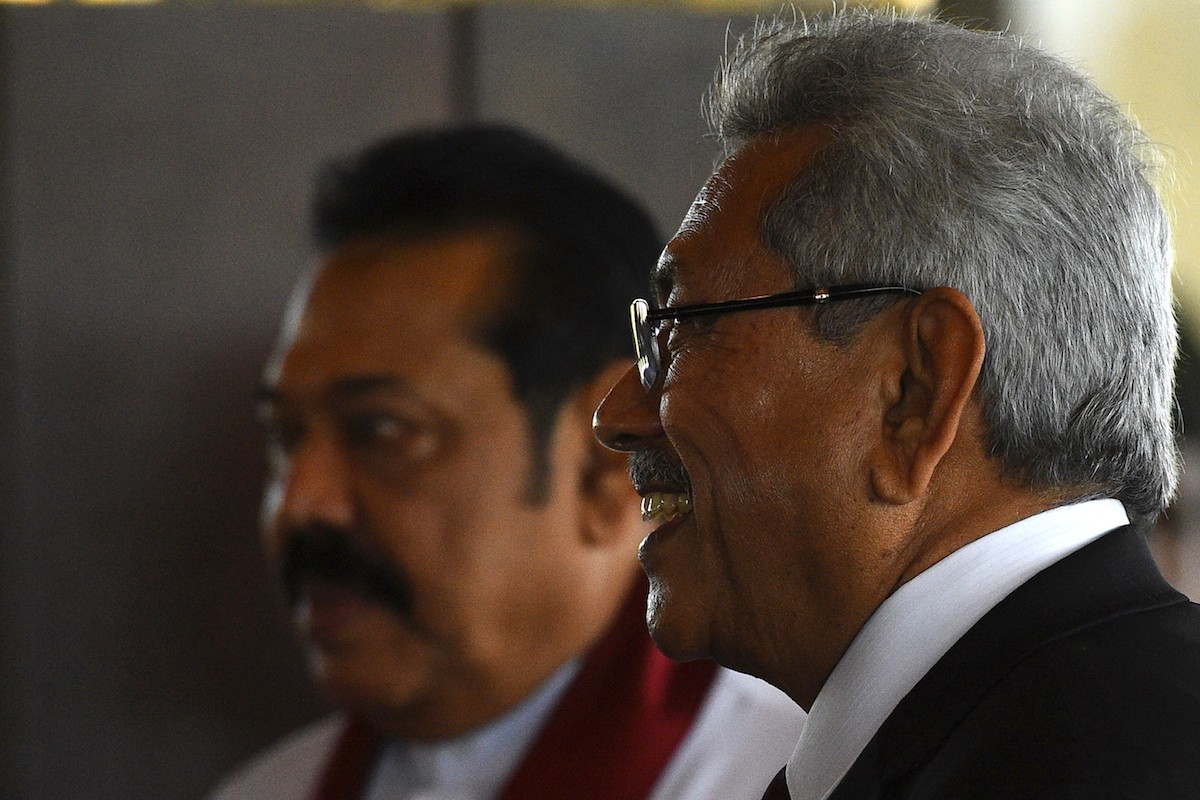Death certificates for the tens of thousands of people who went missing during Sri Lanka’s protracted civil war and are believed dead will only be issued after an investigation is carried out, the president’s office said.
“After the necessary investigations, steps would be taken to issue a death certificate and the necessary support for the families to rebuild their lives,” AFP cites the office of President Gotabaya Rajapaksa on Jan. 24.
That announcement came after Gotabaya told a U.N. official that the 23,586 people believed missing as a result of the 26-year-long civil war are “actually dead.”
As noted by AFP, proof of death is necessary for families to access property deeds, bank accounts, and/or inheritances.
The issue of the war dead has remained an open wound in Sri Lankan society since a bloody civil that claimed over 100,000 lives came to an end in 2009.
Governmental efforts at reconciliation have recently been called into question as Gotabaya has baulked at a series of post-war commitments made by previous administrations, Nikkei Asian Review reports.
Rajapaksa’s government, for example, is looking to shutter the Office of Missing Persons — set up in 2017 to help determine the status of all missing persons in Sri Lanka, helping bring closure to the families.
He has also bucked obligations to look into war crimes by announcing plans to grant immunity to government forces accused of committing such atrocities.
Recently, the Sri Lanka government also reversed course on a previous commitment to scrap what critics call “the abusive” Prevention of Terrorism Act (PTA), which gives the police wide latitude in searching arresting, and detaining suspects
On Jan. 4, the Sri Lankan government announced it was withdrawing a replacement law for the PTA, which critics said was more in line with international standards.
However, the European Union (EU) has warned this volte-face will not come without consequences.
On Jan. 20, the EU’s official delegation to Sri Lanka warned that the Generalized Scheme of Preferences (GSP+ arrangement), which gives Sri Lanka better access to the EU for its exports, is “not automatic.”
“[GSP+] is granted only if there is continued and effective implementation of 27 international conventions, related to human and labour rights, environment and good governance. The EU monitors this implementation closely,” the tweet read.
GSP+ was first granted to Sri Lanka May 2017.
The EU said it is “Sri Lanka’s second-largest trading partner after India but its main export destination, absorbing 31 percent of Sri Lankan exports in 2015.”
Previously, it had been announced GSP+ concessions to Sri Lanka would continue until 2023.







